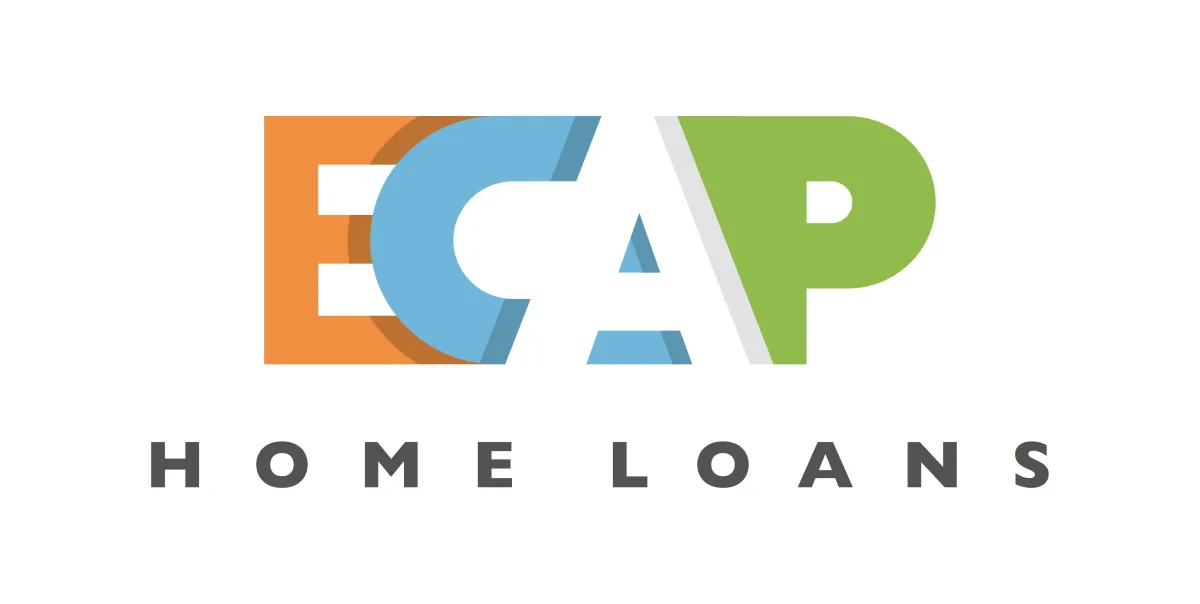Is Renting Really Cheaper Than Buying?
Let's Do the Math
You've probably heard it before: "Renting is just throwing money away." But is that really true?
Let's cut through the noise and look at the numbers. I'm going to show you how owning a home might actually save you money in the long run compared to renting. No fluff, no BS—just real numbers that matter.
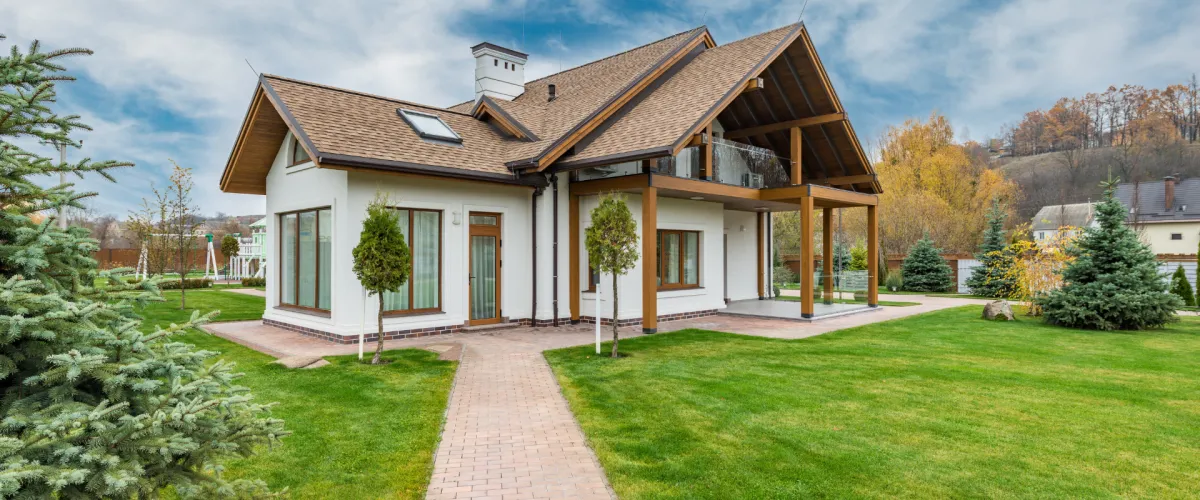
The Scenario
Let's compare renting and buying over a 5-year period. We'll use realistic numbers to make this as applicable to you as possible.
Assumptions
Rental Property
Monthly Rent: $1,800
Annual Rent Increase: 3%
Home Purchase
Home Price: $300,000
Down Payment: 5% ($15,000)
Loan Amount: $285,000
Interest Rate: 5.5%
Loan Term: 30 years
Property Tax: 1.1% of home value annually
Homeowner's Insurance: $1,200 annually
Maintenance Costs: 1% of home value annually
Annual Home Appreciation: 3%
Tax Bracket: 22% (for mortgage interest deduction)
Disclaimer: The interest rate of 5.5% is used based on the average 30-year fixed mortgage rate in the United States over the past 25 years (1998-2023). The property tax rate of 1.1% is based on the average U.S. property tax rate over the past 10 years.

Monthly Costs Breakdown
Renting
Monthly Rent: $1,800
Annual Rent Increase: 3%

Total Rent Paid Over 5 Years: $ 114,684
Owning
Calculating the Monthly Mortgage Payment at 5.5% Interest Rate
Loan Amount: $285,000
Interest Rate: 5.5% annual
Loan Term: 30 years (360 months)
Using a mortgage calculator or the standard amortization formula:
Monthly Mortgage Payment (Principal & Interest): $1,619
Additional Monthly Costs:
Property Tax: $300,000 x 1.1% / 12 = $275
Homeowner's Insurance: $1,200 / 12 = $100
Maintenance Costs: $300,000 x 1% / 12 = $250
Total Monthly Housing Cost: $1,619 (Mortgage) + $275 (Tax) + $100 (Insurance) + $250 (Maintenance) = $2,244
Total Housing Cost Over 5 Years:
$2,244 x 60 months = $134,640
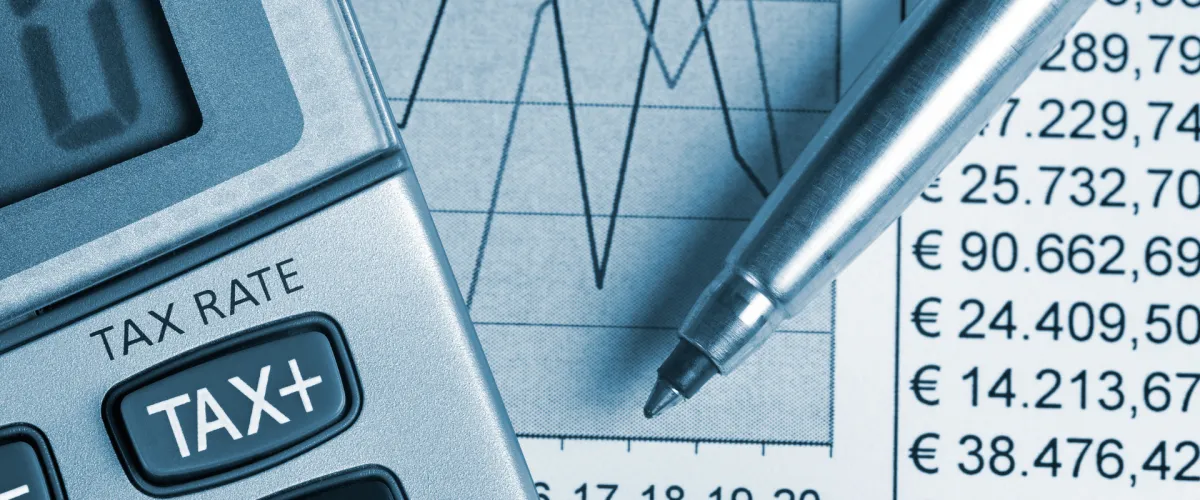
Tax Benefits of Owning
Total Mortgage Interest Paid Over 5 Years: Approximately $78,592
This can be calculated using an amortization schedule for a $285,000 loan at 5.5% interest over 5 years.
Tax Savings Over 5 Years: $78,592 x 22% = $17,290
Assumes you itemize deductions and are in the 22% tax bracket.
Adjusted Total Housing Cost Over 5 Years: $134,640 - $17,290 = $117,350

Equity and Home Appreciation
Equity from Mortgage Principal Paid Over 5 Years: Approximately $18,576
Home Value Appreciation Over 5 Years:
Future Home Value = $300,000 x (1 + 3%)^5 ≈ $347,800
Appreciation Gain: $347,800 - $300,000 = $47,800
Total Equity Gain: $18,576 (Principal Paid) + $47,800 (Appreciation) = $66,376

Net Cost of Owning Over 5 Years
Total Housing Cost: $134,640
Minus Tax Savings: -$17,290
Minus Equity Gain: -$66,376
Net Cost: $134,640 - $17,290 - $66,376 = $50,974
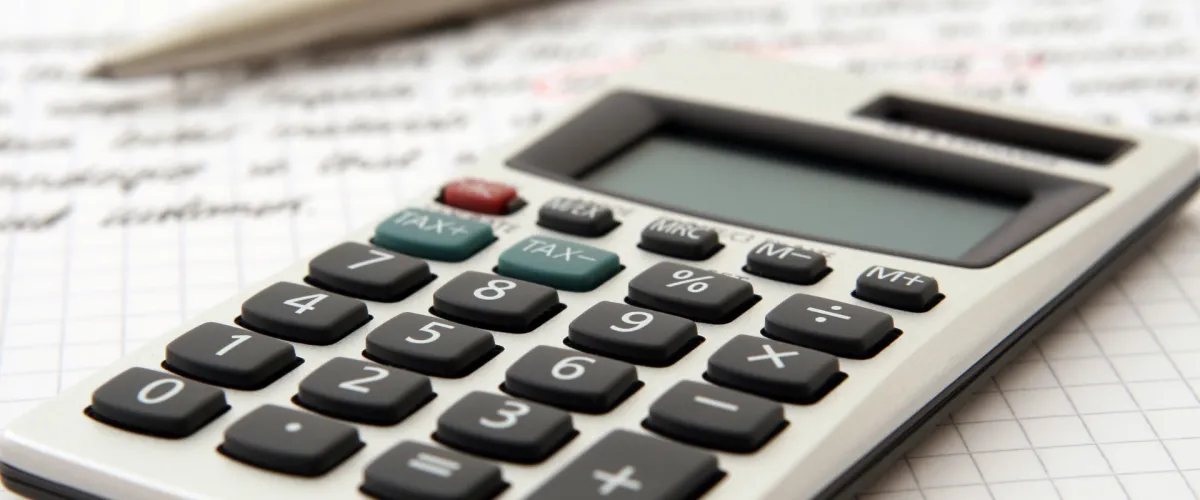
Comparative Summary
Renting
Total Rent Paid Over 5 Years: $114,684
Money that you'll never see again.
Owning
Net Cost of Owning Over 5 Years: $50,974
After accounting for tax savings and equity gain.
Potential Savings by Owning: $63,710
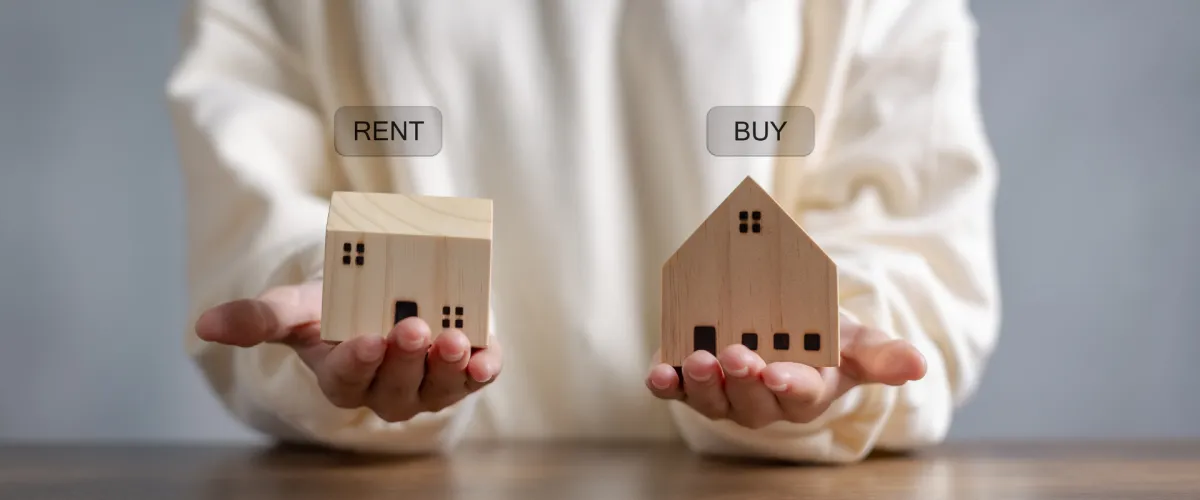
The Bottom Line
Over a 5-year period:
Renting
Costs You: $ 114,684
Owning
Costs You: $50,974
Potential Savings by Owning: $63,710
Additional Considerations
Stability: Owning provides predictable housing costs, whereas rent can increase annually.
Freedom: Want to paint the walls neon green? Go for it. It's your house.
Opportunity for Income: You could rent out a room or space to offset costs.
Potential Risks
Market Fluctuations: Home values can go down, but historically, they've trended upward over time.
Maintenance Costs: Unexpected repairs can occur, but that's why budgeting for maintenance is crucial.
Life Changes: If you need to move, selling a home can take time and may involve costs.

Conclusion
When you break down the numbers, owning a home can be more cost-effective than renting in the long run. You're not just paying for a place to live—you're investing in an asset that can grow in value and build your wealth.
Next Steps
Ready to explore how these numbers look for your specific situation?
Personalized Calculation: Contact me for a custom rent vs. buy analysis tailored to your circumstances.
Get Pre-Approved: Understand what you can afford and lock in current interest rates.
Ask Questions: I'm here to help you make an informed decision.
No hype, just real numbers. Let's make your money work smarter.
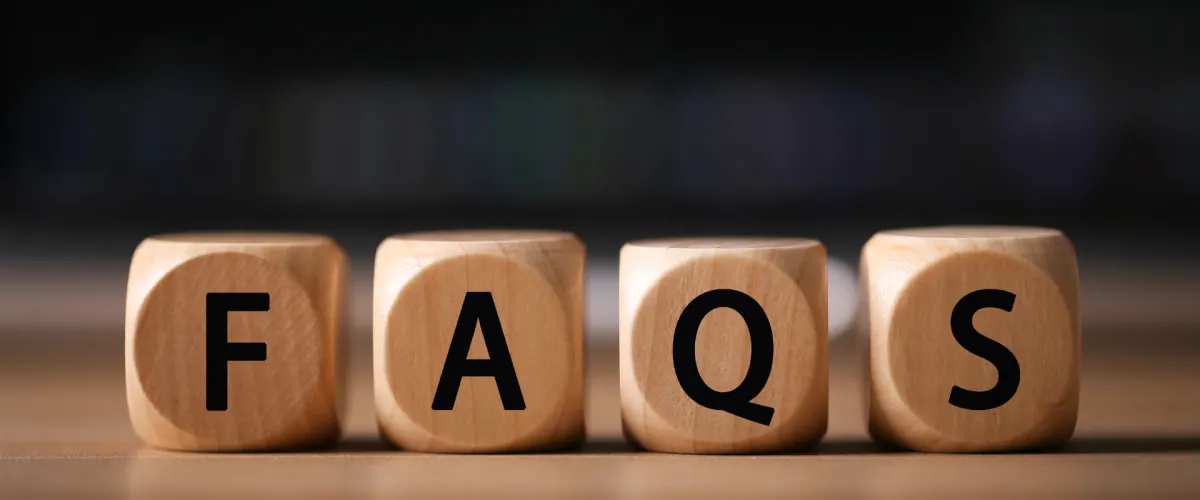
Frequently Asked Questions
What if I don't have a 5% down payment?
There are programs available that require as little as 3% down or offer down payment assistance. Let's discuss your options.
What about closing costs?
Closing costs typically range from 2% to 5% of the home price. These can sometimes be negotiated or rolled into your mortgage.
I'm not sure if I'll stay in the area for 5 years. Does buying still make sense?
If you plan to move sooner, we can run the numbers for a shorter time frame or discuss alternative strategies like renting out the property.
Disclaimer: This is a simplified example for illustrative purposes. Actual costs can vary based on numerous factors including interest rates, taxes, insurance, and individual financial situations. The interest rate of 5.5% is based on the average 30-year fixed mortgage rate in the United States over the past 25 years (1998-2023). The property tax rate of 1.1% is based on the average U.S. property tax rate over the past 10 years. Consult with a financial advisor or mortgage professional for personalized advice.
